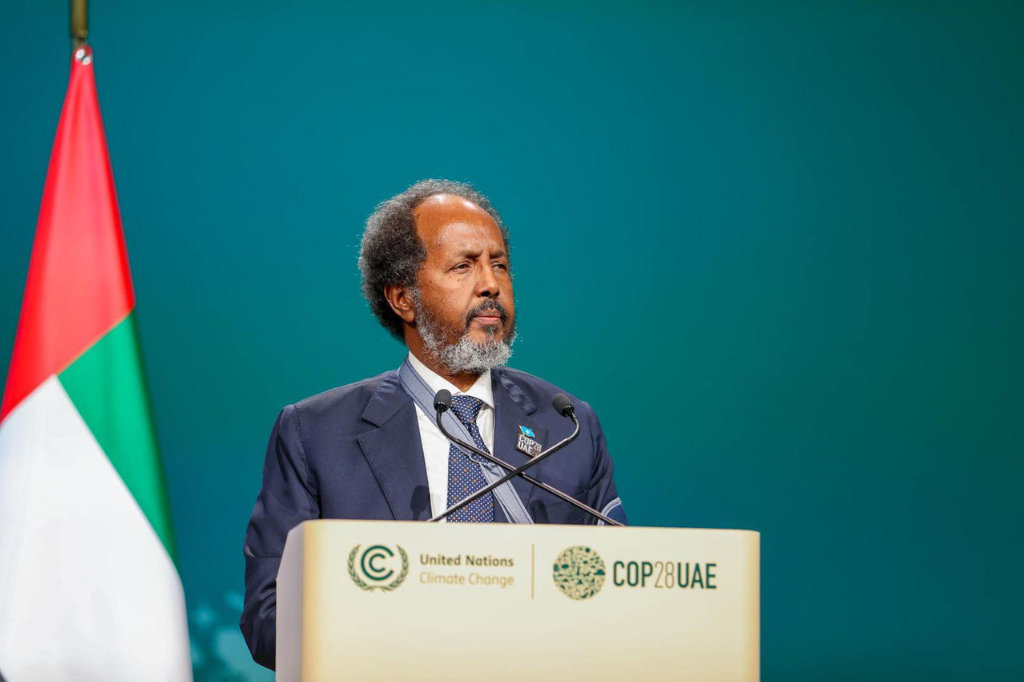
The Heat is on How the Somali Government is succeeding the fight against Al-Shabaab
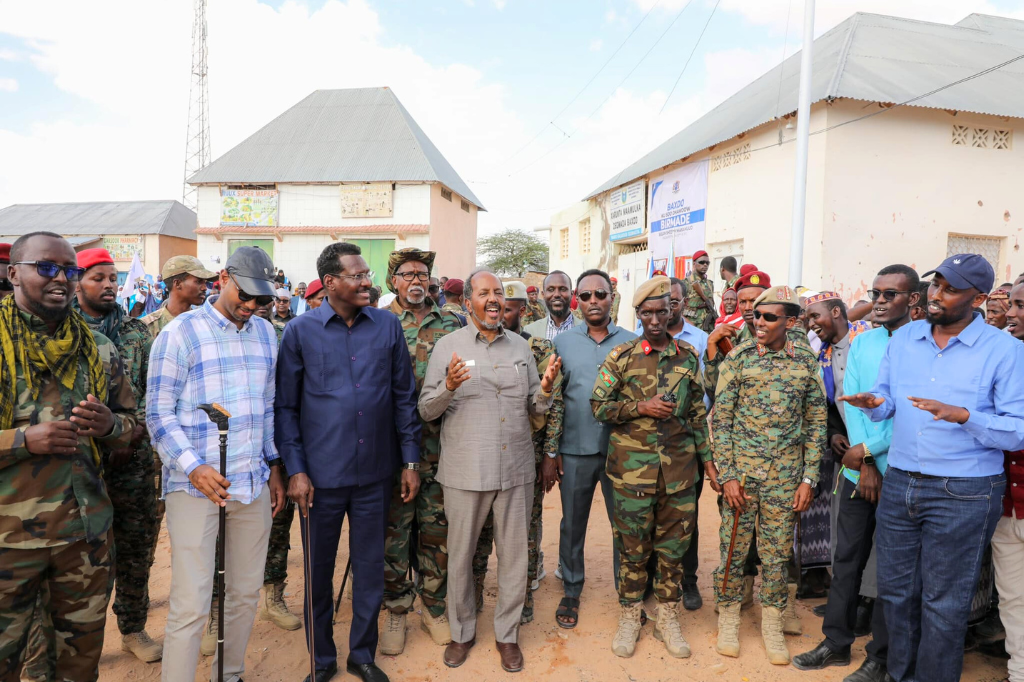
In the last seven months since the President of Somalia Hassan Sheikh Mahmud declared war against al-Shabaab, the Al Qaeda allied terror group in Somalia, many major issues changed including the group’s status across the country. Before he became president for the second time, the group enjoyed control of a large territory that they used and still use to some degree for revenue generation, command and control, planning grounds, and training facilities for their terror attacks inside Somalia, neighbouring countries, and the wider region.
Although the President was encouraged by fed-up locals, to officially declare war in his first days in office was not an easy decision. The group has seen their best days as they did not receive much offence from the previous administration while U.S. Government, a key ally in the war against the group, pulled out their special forces from the country as well as limiting their air campaign.
Knowing that in his first term 2012-2017, President Mohamud liberated large parts of Middle Shabelle and Lower Shabelle from the group, it was obvious that declaring total war against the Al-Qaeda allied group will be his immediate priority, but no one predicted it to be his first.
Vital to engage with our allies and partners
President Hassan travelled constantly to the region and western capitals to sell the cause that Somalia is ready to eradicate al-Shabaab from the country and their support is most needed at this time. He successfully got the U.S. Administration on board as it is vital for global counterterrorism efforts and paid special attention to Somalia for a long time.
In February this year, Somalia hosted a regional summit focusing on al-Shabaab and regional security. The summit was attended by leaders of Ethiopia, Kenya, and Djibouti who all affirmed their support and unity in fighting terrorism. There are unconfirmed reports that the neighbouring countries will deploy non-ATMIS forces to support the current offence.
SNA Efforts with support from international partners
Now, After Six months with very limited power in terms of weapons, logistics, and finances, the Somali National Army made an unexpected success by pushing the terror group from nearly all of Galmudug and Hirshabelle states, while Jubbaland and Southwest states are mobilizing and readying their forces for similar campaigns. The leadership of H.E. Hassan Sheikh Mohamud pays well for Somalis, the region, and international partners who supported his plan and strategy without hesitation.
The regional and International Support for Somalia is something to cheer for. The U.S., UK, EU, Turkey, and a few Arab states offered their support and promised to stand with Somalia and its leadership in this fight. The Air support provided by the U.S. Command in Djibouti made a remarkable contribution by limiting any al-Shabaab ground offensive while the Turkish-made drones led by well-trained Somali Government officers coordinated with ground forces to support their offensive on many fronts. The Masaajid Ali Gaduud battle in Middle Shabelle proved how Intelligence-led airstrikes are critical for the ground forces to succeed.
Sustaining liberated areas and the future of SNA.
Al-Shabaab has vacated many important cities they governed for the past 15 years. According to the statistical report made by the Centre for Analysis and Strategic Studies (CASS), a think tank based in Mogadishu, al-Shabaab lost more than 1200 fighters in the past six months under this campaign while also losing tens of millions of dollars due to a combination of lost territory and a government policy that targeted their financial infrastructure.
The operations by Somali Government forces against al-Shabaab in Hirshabele and Galmudug gave some glimpse of hope that for the next few years, Somalia may produce well-trained, structured, and disciplined troops to replace the AU forces vacating Somalia within the agreed timeframe. Defeating al-Shabaab by Somali forces is not the only task at hand but also their readiness to overtake the security task from ATMIS successfully when they eventually leave.
As is evident from the President’s efforts, the central regions of Somalia will be declared free from al-Shabaab’s presence soon. Stabilization, a recreation of local governance, and aid delivery will be paramount for the success of the second phase of this campaign.
- Tags: Al Qaeda, al-Shabaab, Hirshabelle, Somalia, Terrorism
Abdurahman Sheikh Azhari
Related News




Somalia’s Single-Use Plastic Bag Ban Was Long Overdue
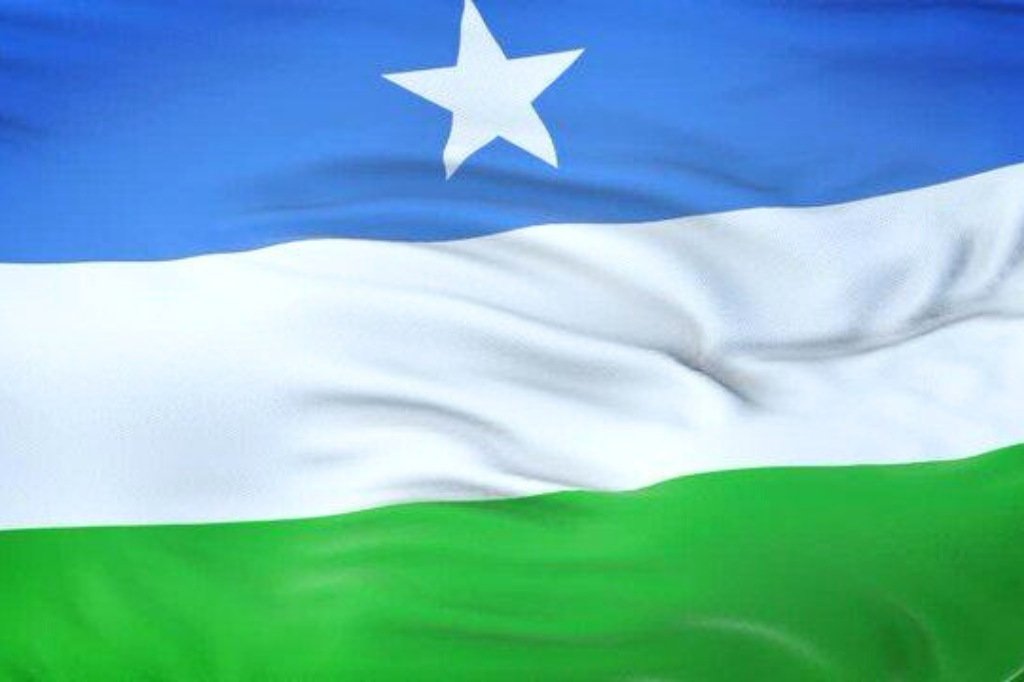
Election in Puntland: A Historical Overview

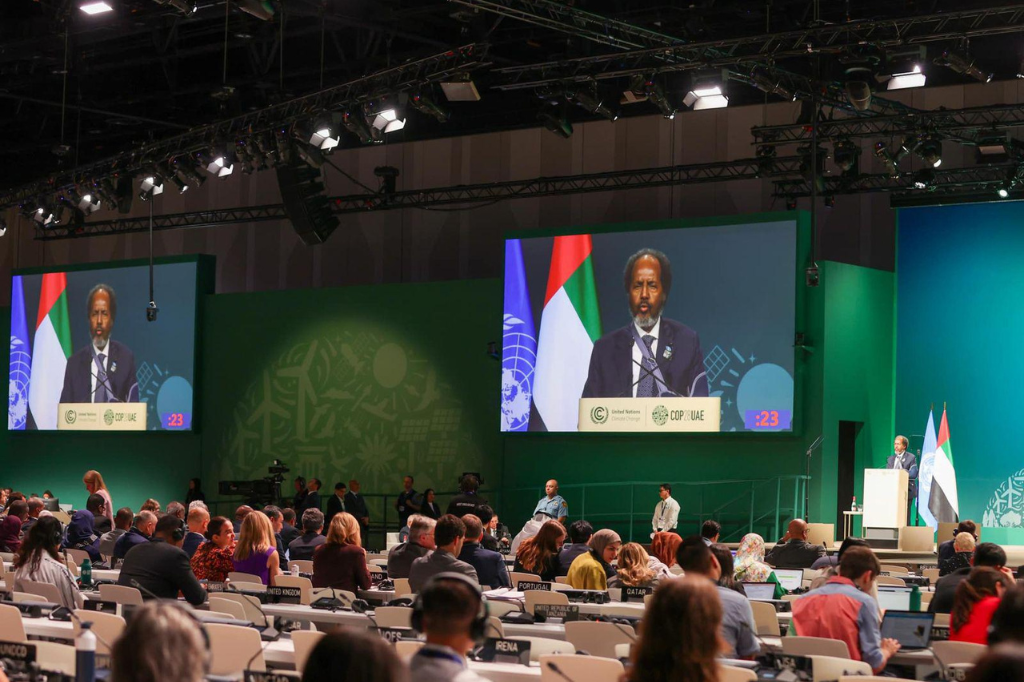
Somalia at COP28 Recap: Key Highlights and Outcomes
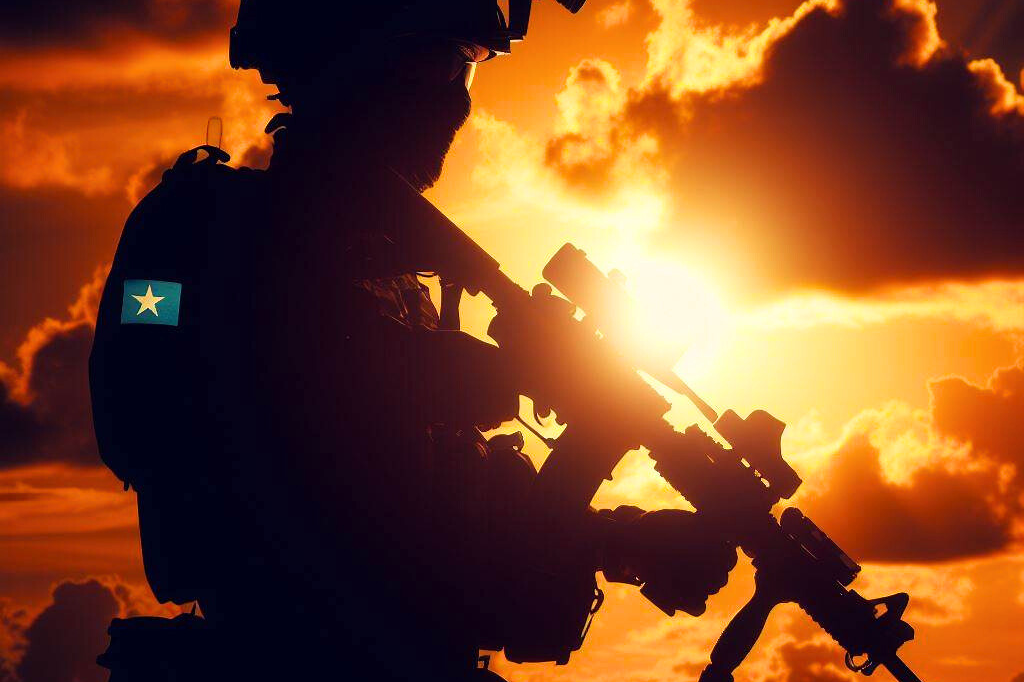
Breath of Fresh Air: The Force Behind Mogadishu’s Newfound Security
